Born complete
An estimated 68 million girls will be subjected to female genital mutilation by 2030 if we don't accelerate our efforts to end this harmful practice.
An estimated 68 million girls will be subjected to female genital mutilation by 2030 if we don't accelerate our efforts to end this harmful practice.
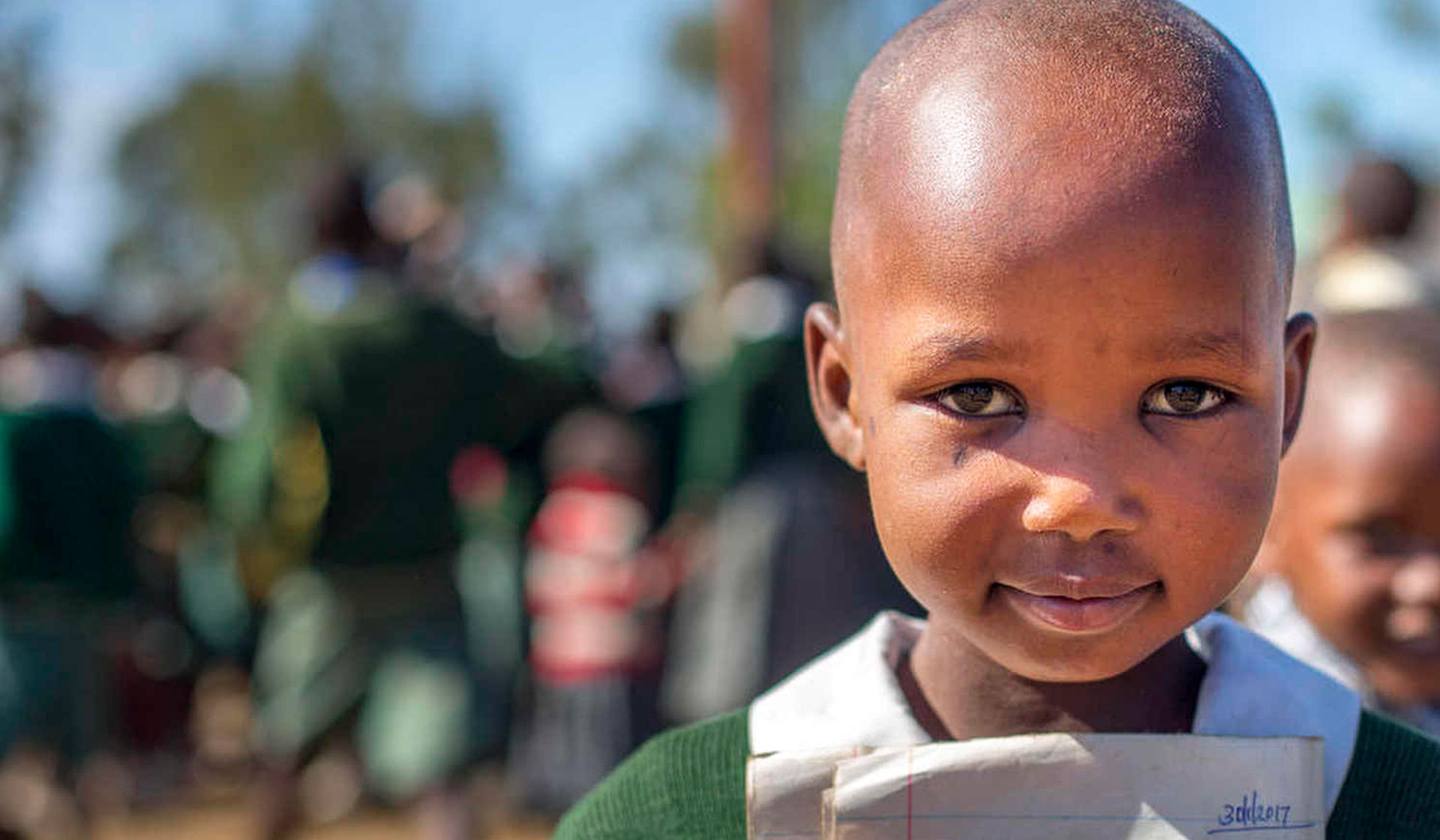
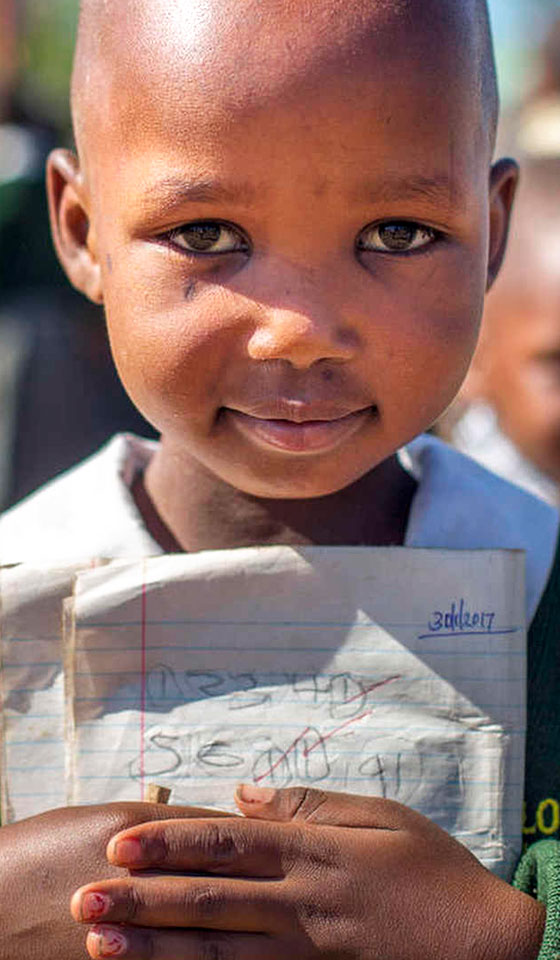
Gender inequality exacts a toll on girls and women worldwide – and in some societies, being born a girl comes at the price of physical integrity.
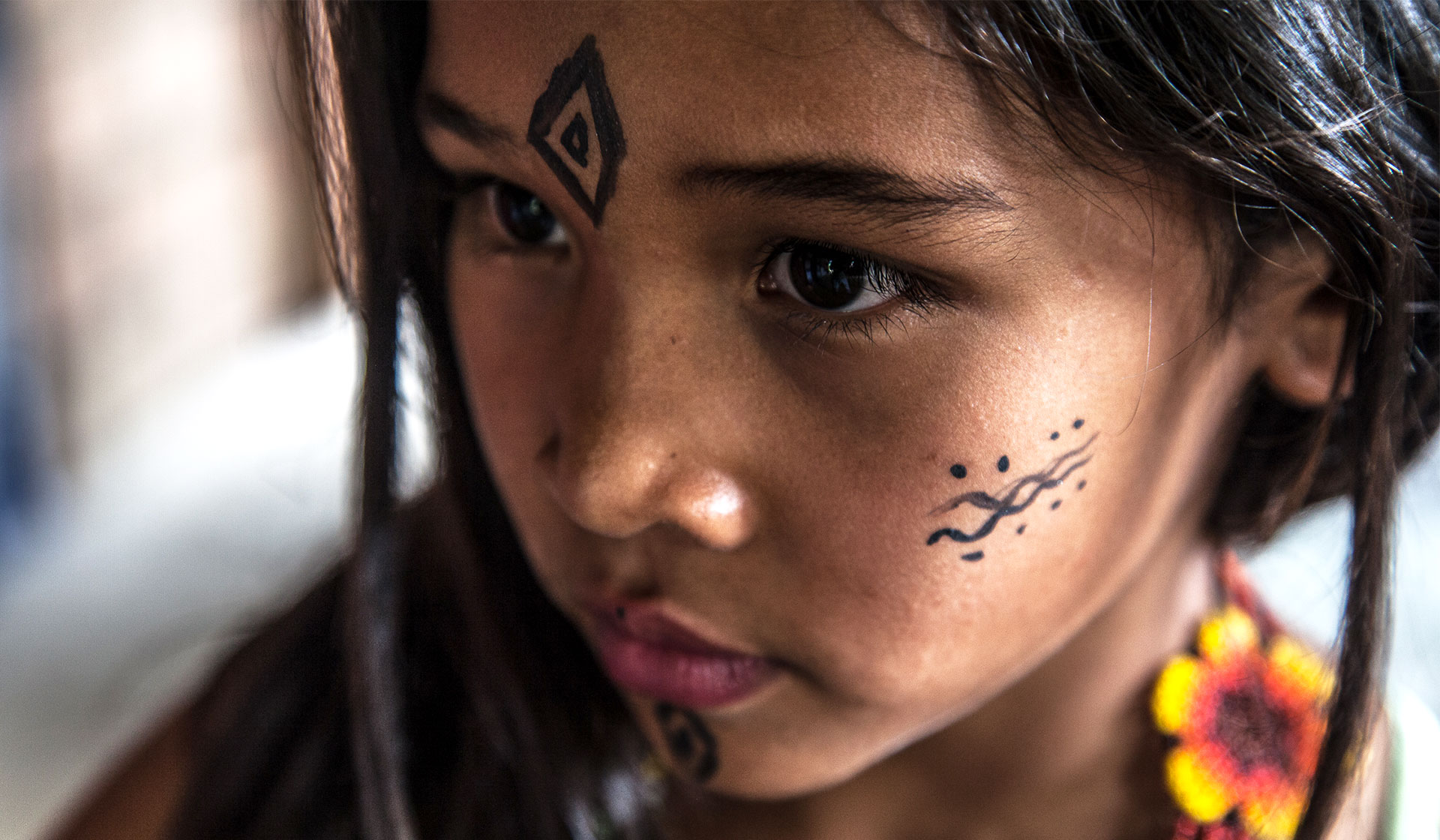
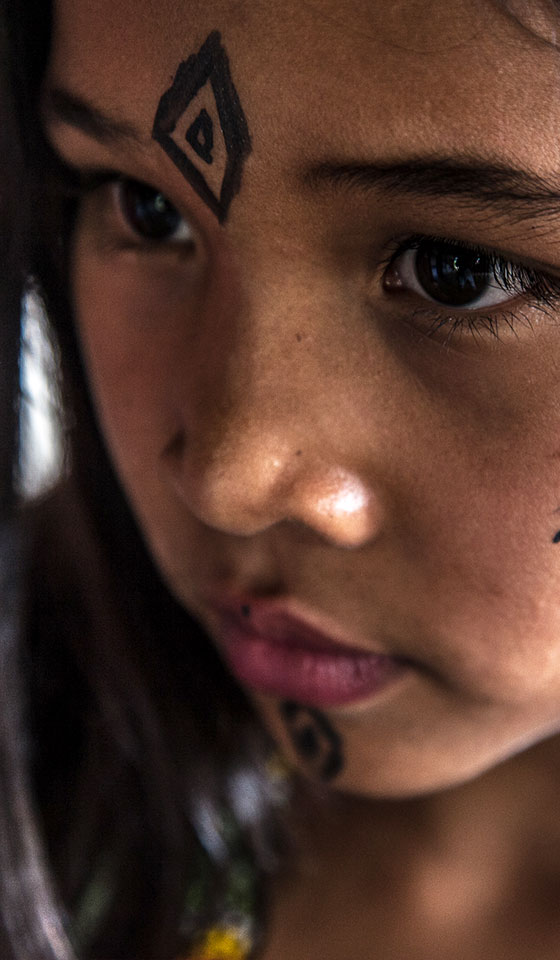
Female genital mutilation can cause serious health problems and often goes hand in hand with child marriage and an early end to schooling.
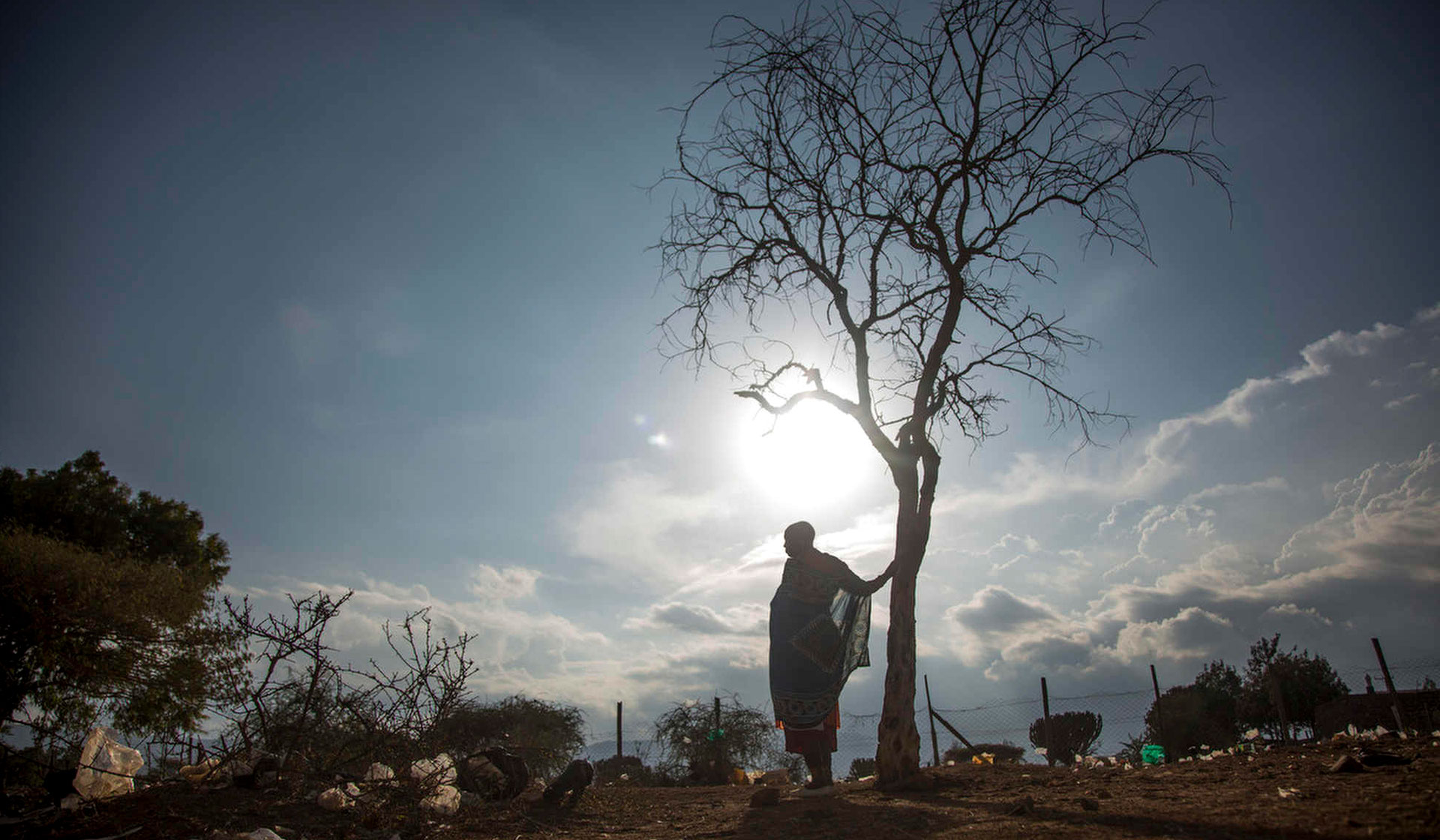
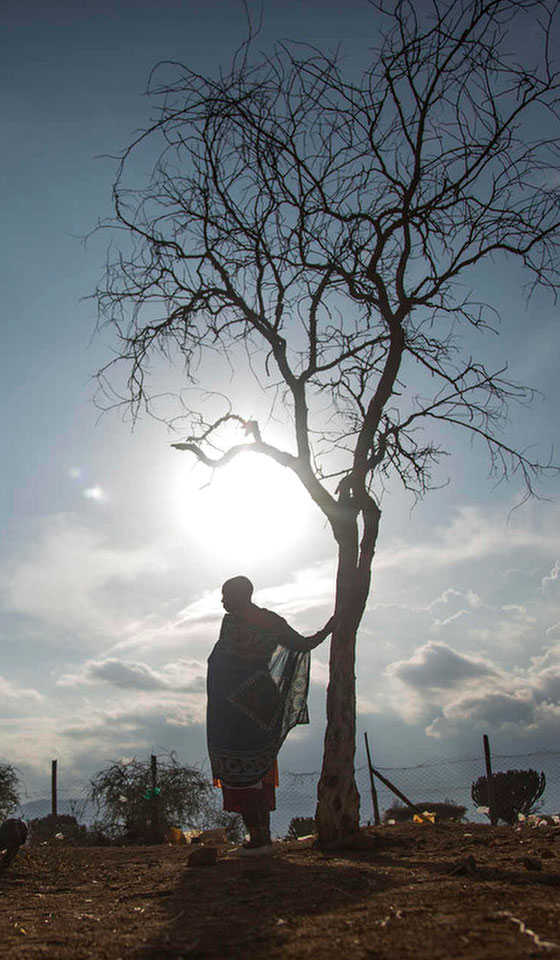
Some 200 million women and girls alive today have undergone female genital mutilation.
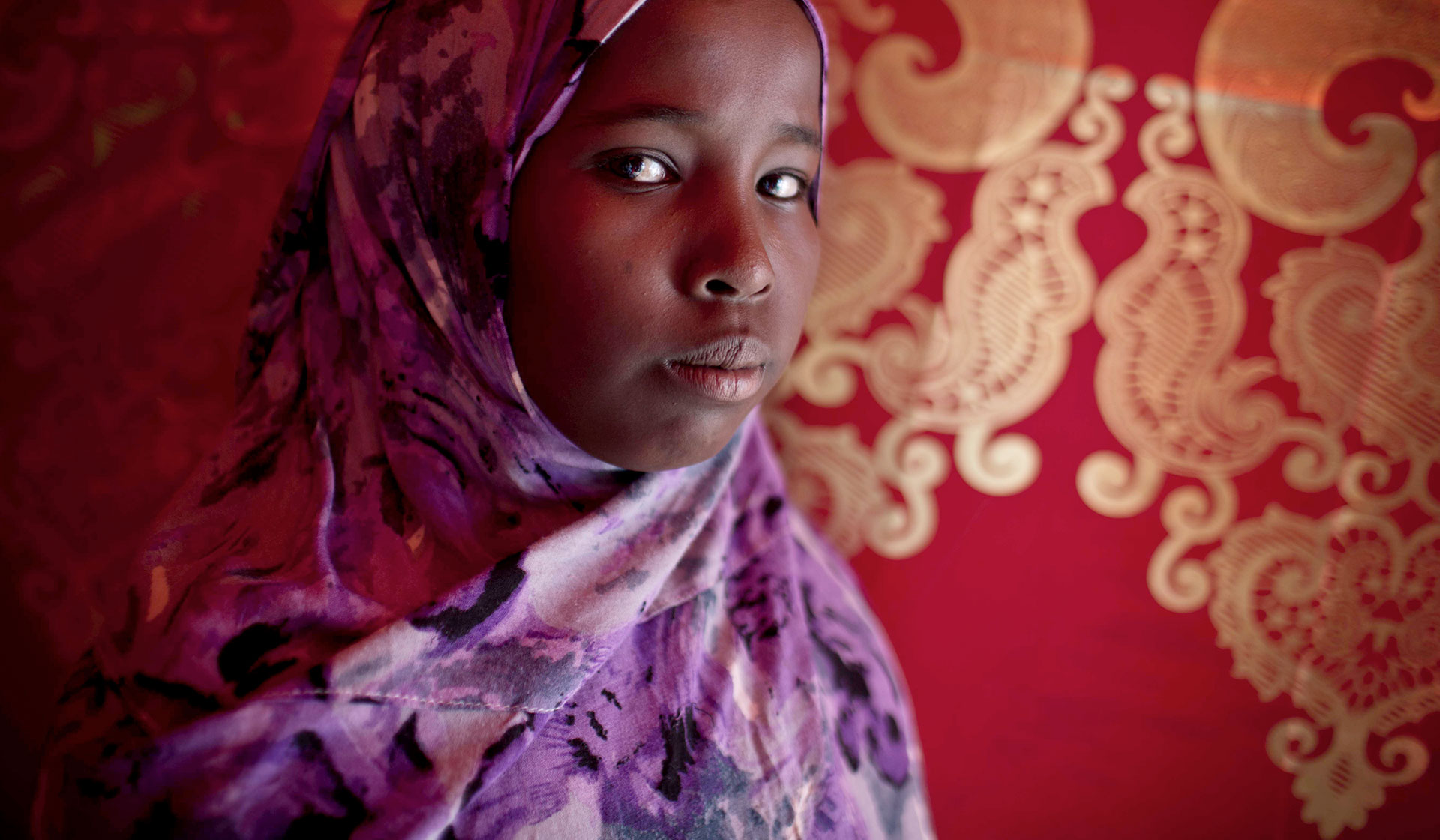
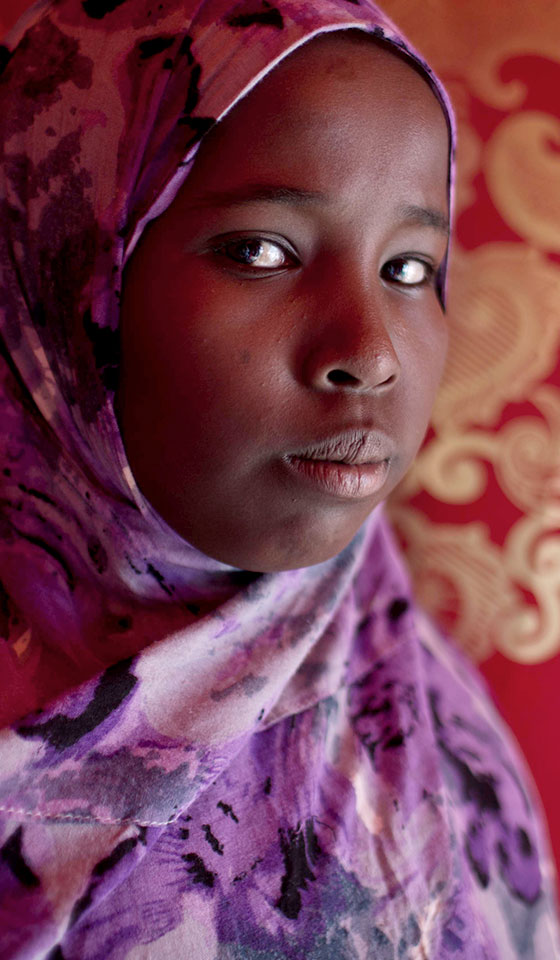
Unless we step up action to end female genital mutilation, another 68 million girls will have been cut by 2030.
Girls are working hard for their right to remain intact.Keeping them safe will take a concerted effort – involving everyone from their families to local, national and international leaders.
You, too, have a role to play.Every voice raised in support will strengthen the push to eliminate female genital mutilation.
Join the movement to end FGM, and you’ll receive occasional updates from UNFPA, including funding appeals. You can unsubscribe at any time.
Thank you for pledging!
See how many people have joined the movement in your country and in others.
Hover over a country to view pledges
The boundaries and names shown and the designations used on this map do not imply official endorsement or acceptance by the United Nations.
A dispute exists between the Governments of Argentina and the United Kingdom of Great Britain and Northern Ireland concerning sovereignty over the Falkland Islands (Malvinas).